"EU candidacy used to pressure Serbia"
Deputy PM Božidar Đelić says Serbia's application for EU membership will be discussed by the end of the year, rather than in September.
Monday, 16.08.2010.
09:15

Deputy PM Bozidar Djelic says Serbia's application for EU membership will be discussed by the end of the year, rather than in September. The reason for this, Djelic told Politika daily, is that some EU countries are using it to impose pressure ahead of the debate on Kosovo at the United Nations General Assembly. "EU candidacy used to pressure Serbia" "A small number of influential EU member states have decided to use our candidacy application as a kind of a means to impose pressure on Serbia ahead and during the debate on Kosovo at the United Nations General Assembly," Djelic said. That is why, he continued, one should not expect Serbia's application for the EU membership to be discussed in September, but that "it is more realistic to take place by the end of the year". He said that some countries "had started tying the process of European integrations to a resolution of the Kosovo issue". "Such a policy is wrong, because it may slow down the process of European integrations and destabilization of the region as a whole, not only of Serbia," said Djelic, adding that Serbia's stand remains unchanged - "we shall never recognize the unilaterally declared independence of Kosovo and we shall never give up the idea of joining the EU". Djelic recalled that there was no consensus within the EU on the status of Kosovo and that five if its member-states do not intend to recognize the province, "not now and not even after the ICJ opinion, and various pressures". The deputy PM said that it will be hard to secure a majority for Serbia's resolution in the UN General Assembly. "Serbia is aware that it must have long-term support from the big world powers, the EU above all, for her accelerated development and a better future for her citizens. The draft resolution shows a high degree of understanding for the real situation in the field, but also defends the basic principles of international law, one of the most important being that unilateral acts of secession cannot be acceptable for UN member-states." Djelic also stated that Serbia was not trying to use divisions within the EU, but instead wished to be part of a solution acceptable to all sides. Meanwhile, in Kosovo itself, another Serbian deputy PM, Ivica Dacic, said that the country must do all in its power to help Serbs remain in their homes there. Dacic referred to the decision of the Constitutional Court of Serbia to abolish bonuses paid to employees whose salaries are paid from the state budget. The government must now come up with different ways to help Serbs in Kosovo, said Dacic. As for the draft resolution on Kosovo that Belgrade submitted to the UN General Assembly, he said that since it was in the country's interest to garner wide support, it is also interested in improving the wording of the draft. But, Dacic noted in Gracanica on Sunday, if Serbia accepted a resolution that spoke about defining "independence as a factual state of affairs that is unchangeable", then the question remains of "whether Serbia can reach agreement on that".
"EU candidacy used to pressure Serbia"
"A small number of influential EU member states have decided to use our candidacy application as a kind of a means to impose pressure on Serbia ahead and during the debate on Kosovo at the United Nations General Assembly," Đelić said.That is why, he continued, one should not expect Serbia's application for the EU membership to be discussed in September, but that "it is more realistic to take place by the end of the year".
He said that some countries "had started tying the process of European integrations to a resolution of the Kosovo issue".
"Such a policy is wrong, because it may slow down the process of European integrations and destabilization of the region as a whole, not only of Serbia," said Đelić, adding that Serbia's stand remains unchanged - "we shall never recognize the unilaterally declared independence of Kosovo and we shall never give up the idea of joining the EU".
Đelić recalled that there was no consensus within the EU on the status of Kosovo and that five if its member-states do not intend to recognize the province, "not now and not even after the ICJ opinion, and various pressures".
The deputy PM said that it will be hard to secure a majority for Serbia's resolution in the UN General Assembly.
"Serbia is aware that it must have long-term support from the big world powers, the EU above all, for her accelerated development and a better future for her citizens. The draft resolution shows a high degree of understanding for the real situation in the field, but also defends the basic principles of international law, one of the most important being that unilateral acts of secession cannot be acceptable for UN member-states."
Đelić also stated that Serbia was not trying to use divisions within the EU, but instead wished to be part of a solution acceptable to all sides.
Meanwhile, in Kosovo itself, another Serbian deputy PM, Ivica Dačić, said that the country must do all in its power to help Serbs remain in their homes there.
Dačić referred to the decision of the Constitutional Court of Serbia to abolish bonuses paid to employees whose salaries are paid from the state budget.
The government must now come up with different ways to help Serbs in Kosovo, said Dačić.
As for the draft resolution on Kosovo that Belgrade submitted to the UN General Assembly, he said that since it was in the country's interest to garner wide support, it is also interested in improving the wording of the draft.
But, Dačić noted in Gračanica on Sunday, if Serbia accepted a resolution that spoke about defining "independence as a factual state of affairs that is unchangeable", then the question remains of "whether Serbia can reach agreement on that".











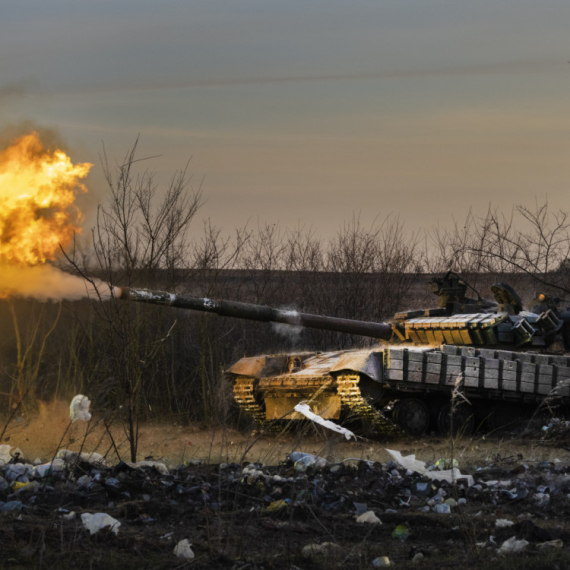
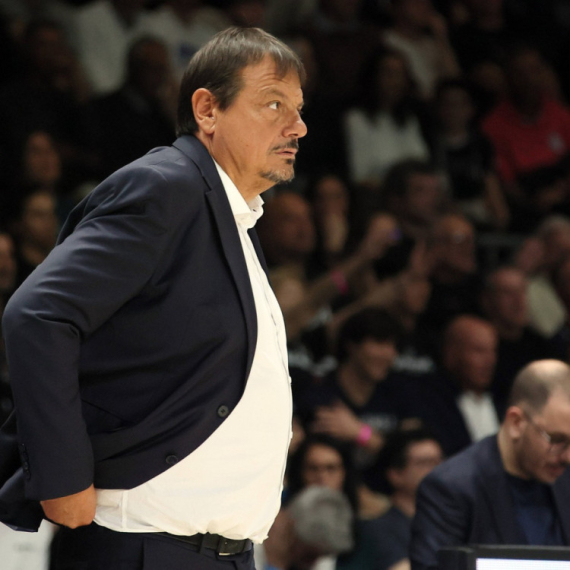
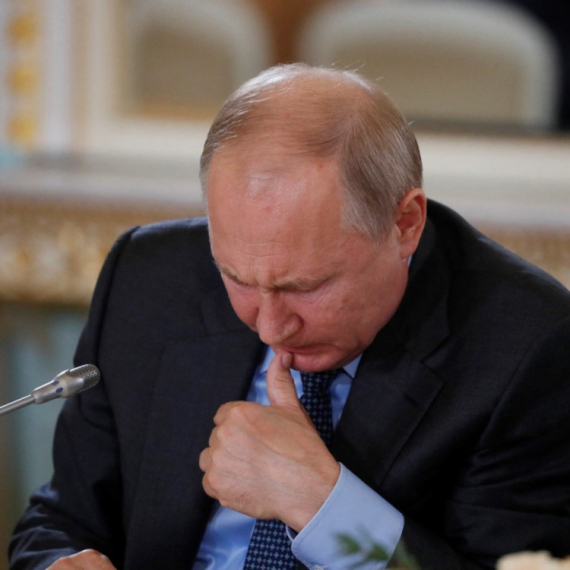


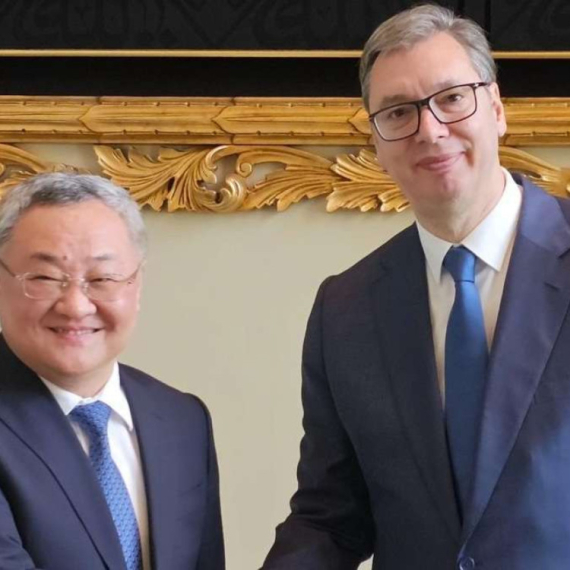
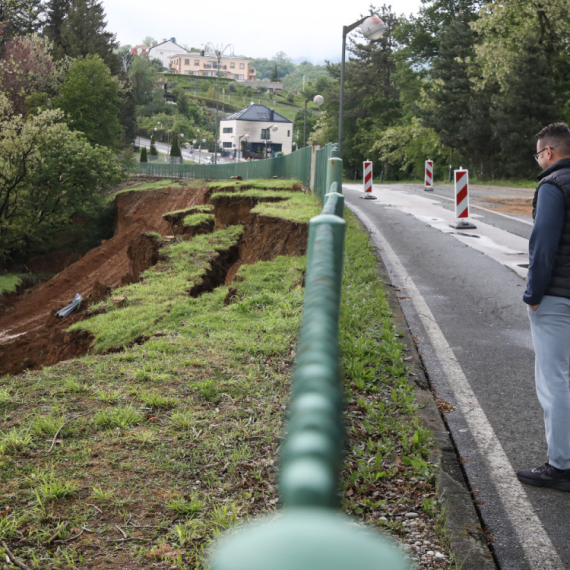





































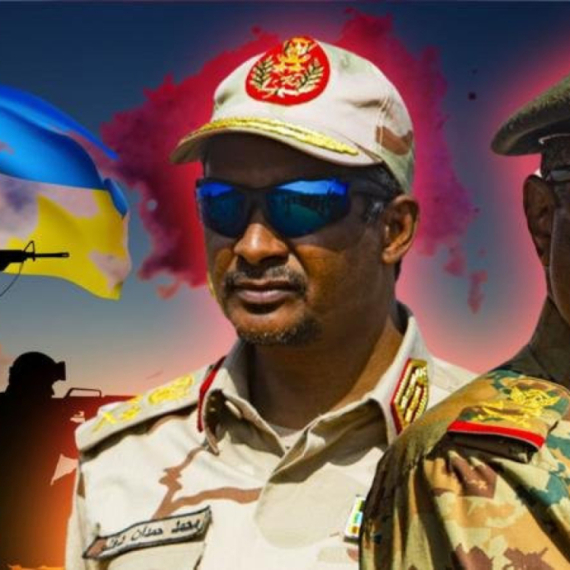


Komentari 38
Pogledaj komentare